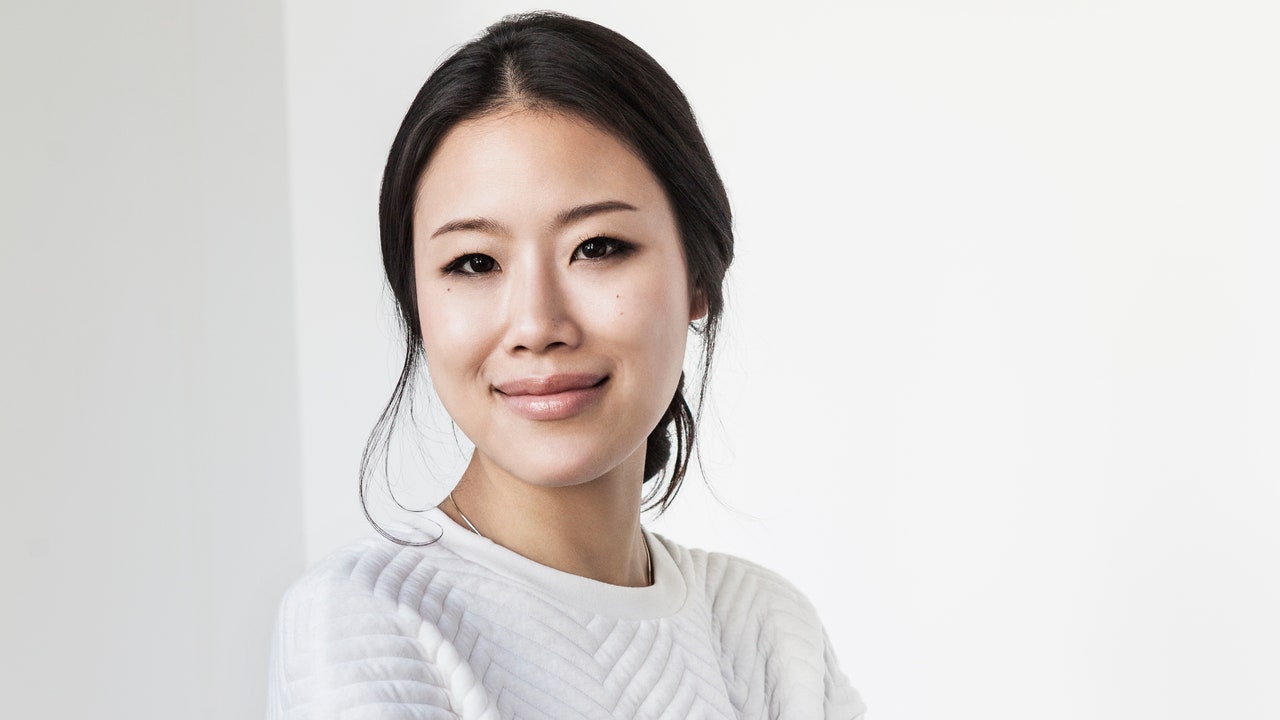Asian Americans Are Living in an Ugly Alternate Reality. The Beauty Industry Can Help

[ad_1]
Racist attacks against the Asian American and Pacific Islander (AAPI) community have increased at an alarming rate since March 2020. During the past few months, with the release of horrific videos of violent crimes against Asians and coverage of the terrible shootings in Atlanta, and through the focused efforts of Asian advocates and organizations, the gravity of this increase has finally started to penetrate the national consciousness.
As a pregnant Korean American woman living in fear in New York City, I think it is vital to clarify that this growing coverage and awareness of anti-Asian racism and violence is barely scratching the surface of the AAPI experience. When I talk to non-Asians, anti-Asian racism is very rarely at the top of their minds, or on their minds at all. When I talk to Asian friends and family or engage with other Asians on social media, this topic is often the only one on our agenda.
Why is there such a disconnect? Asian Americans are living in an alternate reality right now. For us, racist attacks are not an awful phenomenon rising occasionally to the surface—like the 65-year-old Filipino woman stomped on the sidewalk a block from my old apartment or the 61-year-old Chinese man stomped in East Harlem and now fighting for his life in the hospital. They are an everyday occurrence and a source of constant fear and anxiety. Almost every Asian American I know can share either a personal account, or one from a close friend or family member, of a racist attack in the last 12 months.
Most can share multiple experiences. We are utilizing resources like Stop AAPI Hate and AsianFeed and following accounts like @NextShark and @CeFaan to track this country-wide epidemic of daily violence and figure out how to protect and support each other and ourselves. As vaccines become more available and many non-Asians look forward to a return to normal, many in the AAPI community—especially women, children, and the elderly—are too afraid to step outside.
I believe the beauty industry has an important role to play in stopping Asian hate. Beauty brands and retailers need to get involved.
First, it’s simply the right thing to do. Racism and hate are attacks against our shared humanity.
Individuals and organizations have a responsibility to stand up against these destructive forces.
Second, there are significant business imperatives. As a Korean beauty insider, I am very familiar with Asian beauty innovations, modalities, and ingredients, and I see many global beauty brands profit from elements of Asian beauty culture—often without appropriate attribution. Many non-Asian beauty brands also develop their formulas with labs and contract manufacturers in Asia. More often than you might think, products made in France or the U.S. feature innovations from Asia.
Additionally, beauty brands generate significant sales in Asia and benefit from a sizable Asian consumer base in the U.S. Brands profit from Asian beauty culture, Asian innovation, and Asian customers—they can’t stay silent during an acute moment of crisis for Asians. I am not alone in feeling this way. Many friends, family, and colleagues in the AAPI community have shared that they are paying close attention to whether their favorite brands stand up for them or not. Brands have a choice to make at this moment, and this choice matters deeply to their Asian consumers.
Third, beauty is an inherently emotional category, and beauty brands have the potential to connect with their communities in a powerful way. The beauty industry, for better or worse, helps to form ideals of what is considered beautiful. As consumers, our relationship to beauty can be deeply psychological, emotional, and personal. Even though I’m a total ingredient junkie, an esthetician, and passionate about skin-care education and innovation, I have a fundamentally emotional response to my favorite beauty brands and retailers. They aren’t just products on a shelf to me—often they remind me of certain celebratory moments in my life, or challenges I faced along the way. I don’t have this same experience when I contemplate my cell phone or my microwave.
[ad_2]
Source link




